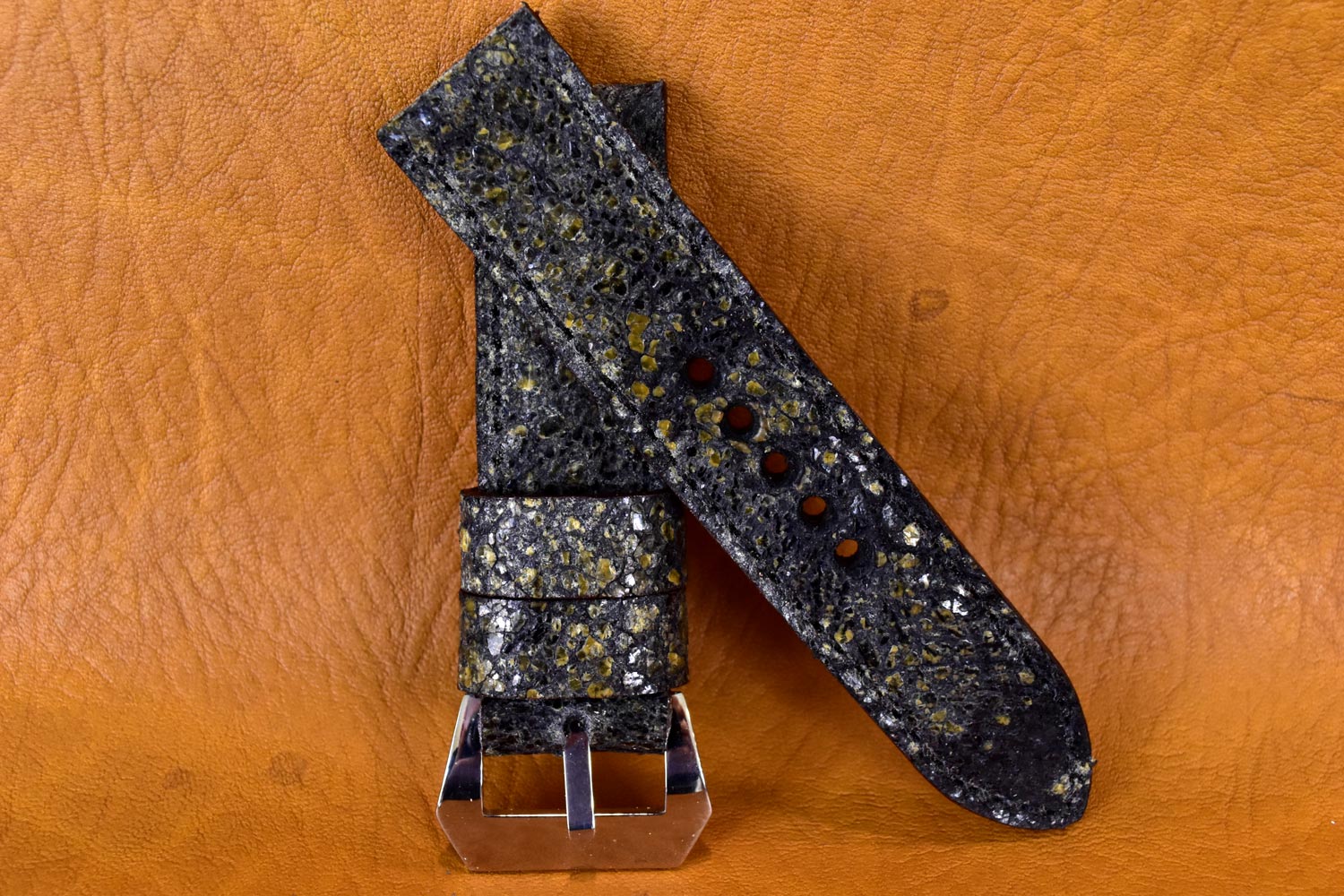Exactly.
But it's lot like you have money and suddenly you buy ostrich and toad leather straps. You have to actively search for this, and I don't understand how this sort of stuff become desirable.
Food is another good example, actually. I'm used to normal people's food, so I assumed that Michelin star restaurants will blow my mind, and they had, to some extent. Ate at a few over the years, including Ramsay's 3 star one in London. The experience was amazing, but if I'm honest - I didn't like the food.
Cars I get, they're fast and look like a spaceship.
Houses, fine. It's nice to have a pool and a big house with marble pillars is objectively awesome.
But poisonous toad leather strap?
I get the sense of scale, and I'm fortunate enough to got to a point where my business make more than I can spend.
Like, obviously I *can* spend it, but not with actual, and that's the point I'm trying to make.
The more I think about it while I type, though, the more I understand that I do the exact same thing myself, with high end guitar picks (yes, it's a thing) rather than watch straps.
Easier for me to justify buying a hand made guitar pick than high end watch strap because that's a thing *I* care about, so..
An oversight on my part.
Exactly.
For context;
I have been into so-called 'high arts' (classical music, paintings, ice skating, ballet, so on...) for a very long time. I also have gotten myself into philosophy for the last few years or so.
I somewhat recently came up with the concept that
absolutely everything can be considered art. All objects, all feelings, everything you can see or comprehend that might not even be material. And art will ALWAYS be speculative in price. It's just a matter of 'how much art' an object or any other thing contains, which is an individual perception.
-------
Everything has a value. The value consists of intrinsic value and individually perceived value (IPV).
Intrinsic value can most often be thought of the value of the materials an object is made of.
The IPV is everything else immaterial that might affect the value of such thing, e.g. brand, design, appreciation of the manufacturing process.
For the sake of making this explanation simpler, I'll just stick to material things.
If you believe that an object's price is higher than the intrinsic value combined with the IPV, you will believe it's not worth buying the said object.
Thus, one might say that only stupid and rich people buy 'thing X', because it's not worth the value.
The flaw in that, is that the IPV is, surprisingly very much individual, and whilst one might think that 'thing X's' IPV is zero or near zero, it's still a part of the value (value = intrinsic value + IPV) regardless.
--
Gold bars can probably pretty commonly be said to have a much higher ratio of intrinsic value than IPV ==>
gold bars are most often just sold for the market price, indicating a near zero IPV, as they don't usually gain any value for their 'design', history, or any other IPV factors.
However, there are exceptions as always.
E.g. Very old gold coins from a sunken pirate ship that belonged to an infamous pirate. These kind of coins will to many people have some sort of IPV, especially to collectors due to their history. It's just a matter of how much a collector is willing to pay for them ==> how high of an IPV a certain collector places on them.
This idea, for me, can be extended to
everything in the world.
You mentioned that you went to some Michelin starred restaurants. Having been to such places also myself, I can attest to the idea that a lot of people will think that Michelin star restaurants are just elaborate scams for the rich people.
The flaw here is that those people will expect the value to be mostly intrinsic (aka what the food material & labour costs) and think that 'high prices equal higher quality food materials', so, they'll be disappointed since Michelin star restaurants are categorised as gastronomy (
art food) and thus will have a certain IPV reflected in their prices.
(Street food will mostly have a higher ratio of intrinsic value than IPV. Michelin star restaurants flip this the other way)
If you don't yourself place an IPV that's equal to or higher than the IPV that the Michelin star restaurant's pricing includes, you'll always be disappointed since you don't feel like it was worth the price.
--
Now, the hard thing here is that the IPV can consist of pretty much anything a specific individual might have even unconsciously come up with, and not even fully realising their own reasonings for their IPV.
E.g. Some people might consciously or unconsciously add value to their IPV for the social hierarchal status some object might give them from certain people.
I won't comment on if that's shallow or not, since I probably also do that too unconsciously.



